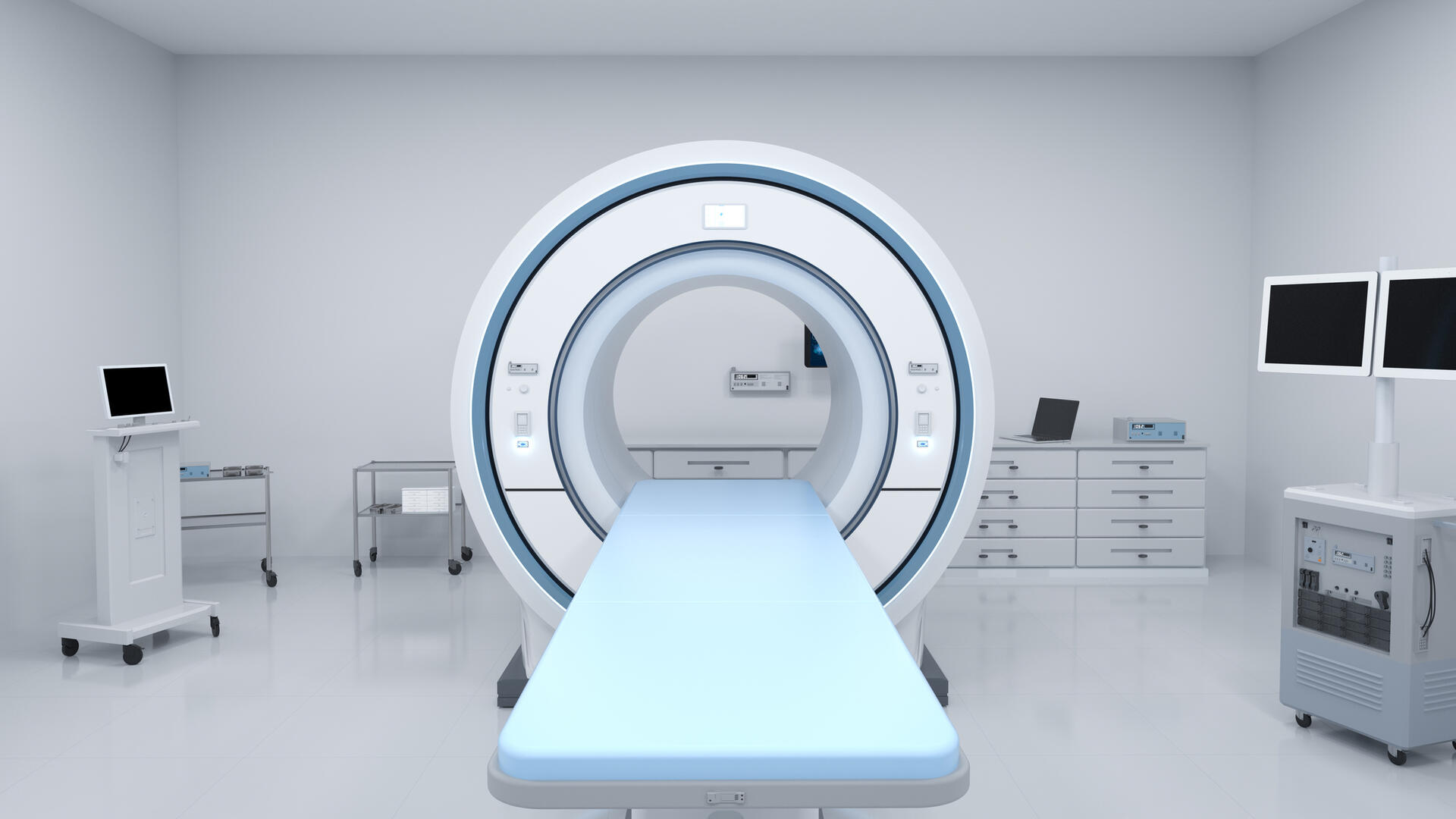When you know you’re going to calm down for the clinical imaging exam, what’s your opinion? Can you imagine these funny recordings of individuals after they have their discerning teeth knocked out? Do you consider heavy sedation leaving you fully to rest while the doctors and specialists handle your test? In fact, sedation MRI in Hackettstown, NJ, and radiology can be combined in many ways.
In radiology, sedation is used to release patients during a test for several reasons. There is also a wide variety of types of sedation. Often, patients expect that “sedation” means they will be able to turn the lights off. However, this is undoubtedly not the situation with clinical imaging tests. Many elements decide whether you will need sedation.
For example, sedation is most often used for very young children to remain still during a test. Also used during MRI tests for struggling adults with tension and claustrophobia. A third normal use is for interventional radiology systems. Even though radiology utilizes basic sedation, generally not the benevolent makes it is time to turn out the lights for you. All things being equal, it helps you relax and stay mentally focused.
Types of sedation
There are several types of sedation that we use for clinical imaging in UVA. Depending on the type, sedation can be regulated orally, intravenously (through an IV), infused, or inhaled. The main type is minor sedation, which changes your temper and relaxes you for as long as the test can last. There’s also conscious sedation, which makes you feel languid but keeps you in control of your reflexes. Deep sedation is the thought process of many people as sedation. It puts patients in a condition of obviousness.
Sedation, Radiology, and You
Assuming you realize that you will receive sedation for your test, expect to get explicit instructions from your scheduler. These guidelines may incorporate dietary limitations and medications to be taken before testing. You cannot drive after having any type of sedation. Assuming you’ve been knocked out or feel yourself getting debilitated, you may have to reschedule your test.





